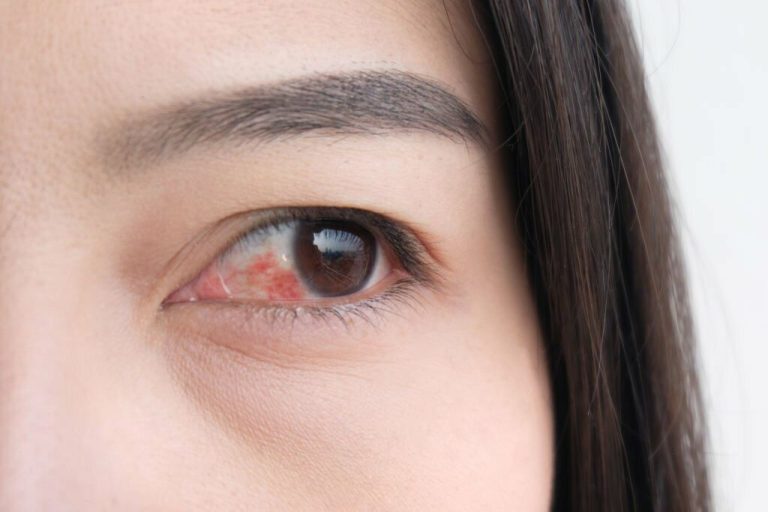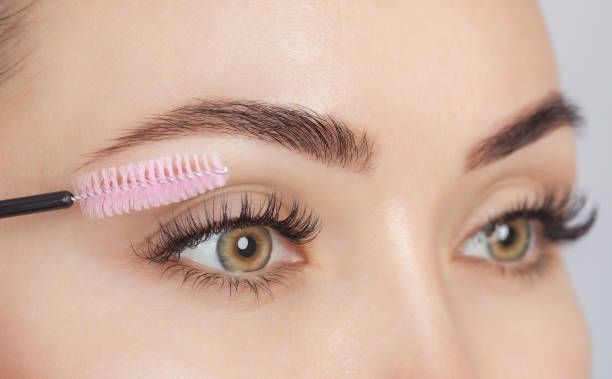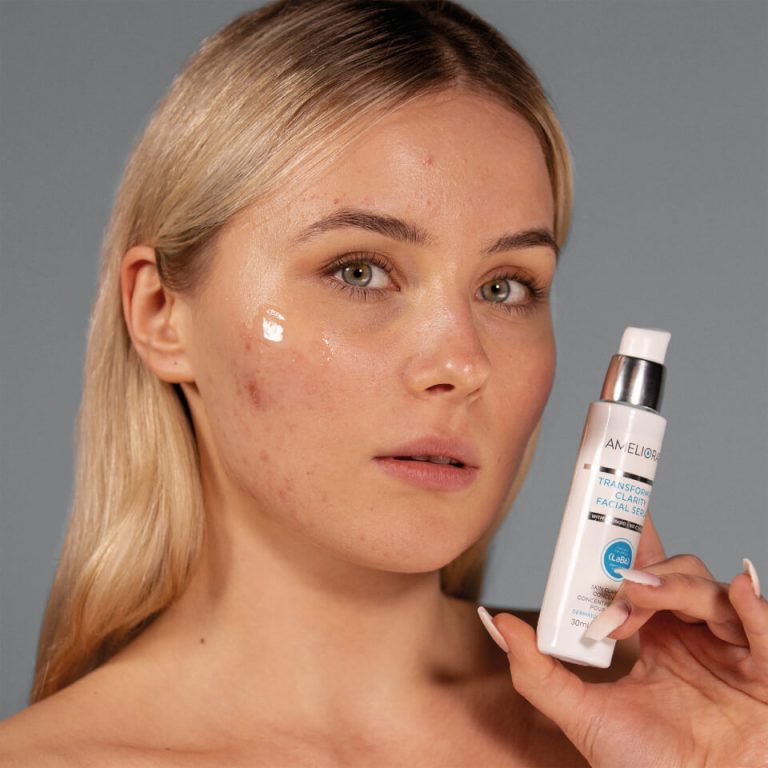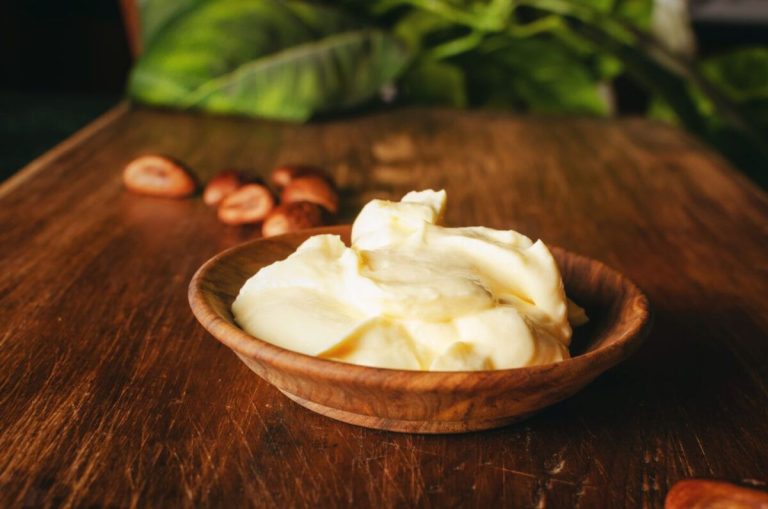Does Aloe Vera Gel Expire? Can I Use It After Expiry Date?
Aloe vera gel has become almost synonymous with skin care and natural healing. Often hailed as the “elixir of health,” aloe vera gel is known for its ability to soothe sunburns, heal wounds, and regenerate damaged skin cells. I’ve used aloe vera gel to treat my own minor burns and skin irritations with great success. But I was curious – does aloe vera gel expire?
As a busy person, I don’t always use up products before their expiration date. I wanted to find out how long aloe vera gel actually lasts, and whether expired aloe vera gel is still safe to use.
What is Aloe Vera Gel?
Contents
- What is Aloe Vera Gel?
- Benefits of Using Aloe Vera Gel
- When Does Aloe Vera Gel Expire?
- Signs that Aloe Vera Gel has Expired
- Dangers of Using Expired Aloe Vera Gel
- What Factors Determine Aloe Vera Gel’s Expiry Date?
- Tips for Storing Aloe Vera Gel
- Freezing Aloe Vera Gel for Extended Use
- Can You Freeze Aloe Vera Flesh for Long-Term Storage?
- Conclusion
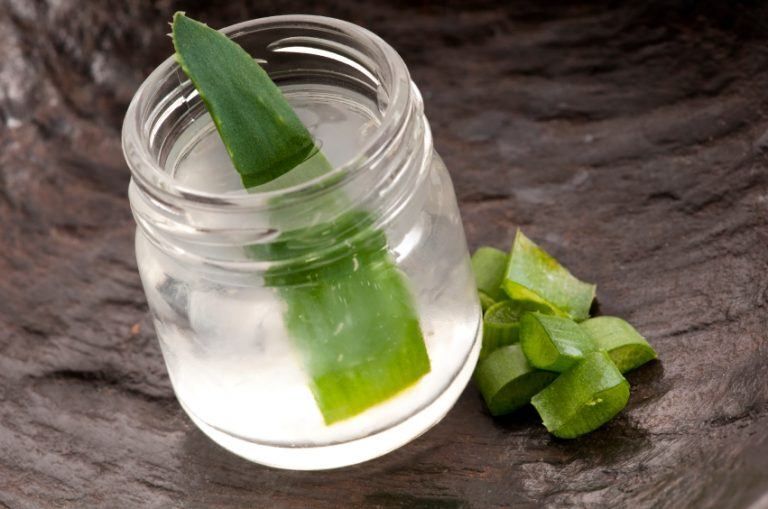
Aloe vera gel comes in two main forms – fresh gel directly from the aloe plant, and commercially prepared aloe gels and creams.
Fresh Aloe Vera Gel
Fresh aloe vera gel is obtained by breaking open the leaves of an aloe vera plant and squeezing out the clear, viscous gel inside. This fresh gel is sometimes called aloe vera juice. It contains the pure aloe vera gel along with some pulp and liquid.
I keep an aloe vera plant at home and use the fresh gel from its leaves to treat minor burns, rashes, or dry skin. The gel inside the leaves has a high water content and is rich in vitamins, minerals, enzymes, and antioxidants that benefit the skin.
Commercial Aloe Vera Gel
Aloe vera gel is also available commercially in the form of creams, serums, lotions, and capsules from cosmetic brands. Well-known brands like Lily of the Desert and Seven Minerals sell bottled aloe vera gel. The ingredient list will contain “aloe barbadensis leaf juice” or “aloe vera gel.” This commercially prepared gel makes it easy to keep aloe vera on hand.
Benefits of Using Aloe Vera Gel
There are several research-backed benefits that explain why aloe vera gel is so popular:
Treating Burns and Skin Irritations
The biggest benefit of aloe vera gel is its ability to soothe and heal burns, wounds, and skin irritations. When applied topically, aloe vera gel provides a protective layer and calms inflammation.
It stimulates skin regeneration, so wounds heal faster with less scarring. I always keep an aloe vera plant on my kitchen windowsill to treat minor cooking burns. The Mayo Clinic also recommends aloe vera gel for sunburns and skin abrasions.
Preventing and Suppressing Acne
Aloe vera gel has antibacterial properties that fight acne-causing bacteria. It also soothes inflammation and heals damaged skin cells. By preventing bacterial overgrowth and reducing inflammation, it keeps breakouts under control. Aloe vera capsules can be taken orally to reduce acne from the inside out.
Calming Inflammation and Eliminating Free Radicals
The antioxidants in aloe vera juice protect the skin from environmental damage. They neutralize free radicals and calm skin inflammation. This helps treat eczema, psoriasis, and other inflammatory skin conditions.
These research-backed benefits show why aloe vera gel is a popular ingredient in skin care. But can you still get the benefits of aloe vera gel once it has expired?
When Does Aloe Vera Gel Expire?
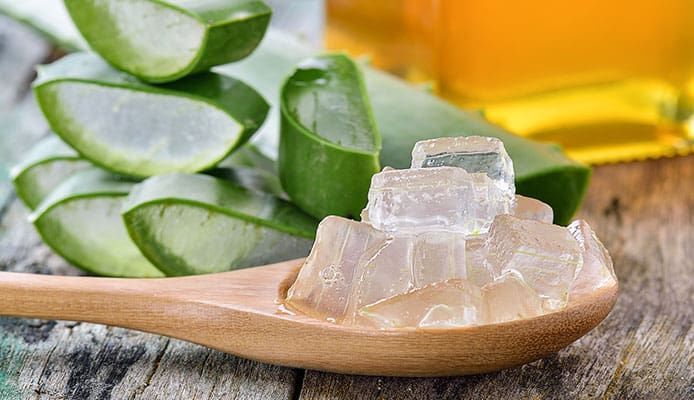
To understand aloe vera gel’s expiration, we need to look at homemade gel and store-bought gel separately.
Shelf Life of Fresh Aloe Vera Gel
Fresh aloe vera gel that is directly extracted from the aloe leaves has a very short shelf life. Since it has a high water content, it spoils rapidly like fresh produce. At room temperature, homemade aloe vera gel only lasts about 1-2 days before it starts decaying.
Refrigerating fresh aloe vera gel extends its shelf life to about 1 week. The cool temperature slows down bacteria growth. But after 5-7 days, it will start to turn brown and develop an unpleasant odor.
For long term storage, homemade aloe vera gel can be frozen. This extends its shelf life to about 1 year. Make sure to freeze it in an airtight container.
Importance of Preservatives in Store-Bought Gels
Unlike fresh gel from the aloe plant, commercially prepared aloe gels contain preservatives. Preservatives prevent spoilage and bacterial overgrowth, increasing the product’s shelf stability.
Common preservatives used in aloe vera gel products include citric acid, ascorbic acid, vitamin E, and potassium sorbate. The preservatives allow the gel to be safely stored at room temperature. They increase the shelf life to 1-2 years for unopened products.
Once opened, commercial aloe gels last 3-6 months before expiring. The exposure to air and bacteria reduces the shelf life of the opened product.
Signs that Aloe Vera Gel has Expired
Watch for these signs that your aloe vera gel has gone bad:
- Change in color – Fresh aloe gel is transparent. As it starts expiring, it turns brown or yellow.
- Change in texture – Expired aloe vera gel becomes stringy or slimy as the nutrients deteriorate.
- Unpleasant odor – Rancid aloe vera gel smells sour or bitter instead of earthy.
- Mold – Mold spots or fuzz indicate the aloe vera gel has definitely expired.
- Separation – Separation of the liquid from the gel is a sign of spoilage.
If you notice any of these changes, it’s best to discard the expired aloe vera gel. Using spoiled aloe vera gel can harm your skin.
Dangers of Using Expired Aloe Vera Gel
While aloe vera has many benefits for skin health, expired aloe vera gel can actually damage your skin. Here are the main risks:
- Skin irritation – Using expired aloe vera gel may cause redness, itching, and inflammation. This can worsen conditions like eczema.
- Infection – Bacteria and mold in spoiled aloe vera gel can lead to skin infections. Open wounds are especially prone to infection.
- Loss of nutrients – Expired aloe vera gel loses its beneficial vitamins, antioxidants, and enzymes. So it’s less effective at providing skin benefits.
- Toxic compounds – Spoiled aloe vera gel contains compounds like phenol and sulfur that irritate skin.
I made the mistake of using expired aloe vera gel from an old bottle and noticed increased redness and itching on my hands. Don’t take the risk of skin irritation or infection. Always check your aloe vera gel for signs it has expired before use. And never ingest expired aloe vera gel, as it can cause digestive upset.
What Factors Determine Aloe Vera Gel’s Expiry Date?
Several factors influence how long aloe vera gel lasts before it spoils:
Homemade vs Store-Bought Gel
As mentioned earlier, fresh homemade aloe vera gel lasts only 1-2 days at room temperature. Commercially prepared gels with preservatives last 1-2 years unopened, or 3-6 months opened.
Type of Preservatives
The specific preservatives used affect shelf life. For example, vitamin E protects against oxidation while citric acid maintains an optimal pH to slow bacteria growth. Products with multiple preservatives tend to have longer expiration dates.
Storage Temperature
Storing aloe vera gel in the fridge or freezer slows decomposition. Refrigeration can extend the shelf life by up to a week, while freezing can preserve aloe vera gel for about one year.
Exposure to Air and Light
Exposure to oxygen and UV light speeds up the breakdown of beneficial compounds in aloe vera gel. Store the product in an opaque, airtight container to maximize shelf life.
By understanding how these factors influence expiry, you can optimize your aloe vera gel’s shelf life.
Tips for Storing Aloe Vera Gel
Follow these simple tips for storing aloe vera gel to prolong its shelf life:
- Keep aloe vera gel refrigerated to slow bacteria growth. The fridge extends shelf life by about a week.
- Store aloe vera gel in an airtight container. This prevents exposure to air and bacteria which causes faster spoilage.
- Use opaque or dark containers instead of clear ones. Opaque containers protect the aloe vera gel from light exposure.
- Avoid extreme temperatures. Don’t leave aloe vera gel in hot vehicles or freezing temperatures for extended periods.
Proper storage keeps aloe vera gel fresh for longer so you can enjoy its skin benefits before it expires!
Freezing Aloe Vera Gel for Extended Use
Freezing is the best method for long-term storage of aloe vera gel. Here’s how to easily freeze aloe vera gel at home:
- Start with fresh aloe vera gel extracted directly from the plant. Or use a preservative-free commercial brand.
- Dispense the gel into the compartments of an ice cube tray. Leave a bit of space at the top for expansion.
- Freeze the ice cube tray overnight or until the aloe vera gel is solid.
- Pop out the frozen aloe cubes and transfer them to a sealable freezer bag or airtight container. Squeeze out excess air.
- Store the frozen aloe vera gel in the freezer for up to 1 year.
To use, simply take out a cube and thaw it overnight in the fridge until it turns back into gel! Frozen aloe vera gel retains its active ingredients and natural benefits.
Can You Freeze Aloe Vera Flesh for Long-Term Storage?
Instead of extracting and freezing just the gel, some people prefer to freeze strips of aloe vera flesh for future use. Here are some benefits of freezing the flesh instead of pure aloe gel:
- Freezing the flesh allows you to store larger quantities at once since you don’t have to extract the gel first.
- It saves time and effort as you skip the step of separating the gel from the skin and pulp.
- The frozen aloe vera flesh can be blended into the gel or juice whenever required. So it’s more versatile.
- Freezing the flesh rather than just the gel may help retain nutrients present in the skin and pulp.
Follow these simple steps to freeze aloe vera flesh:
- Cut open a fresh aloe leaf and rinse well. Cut into 2-3 inch strips.
- Arrange the clean aloe vera strips in a single layer on a baking sheet. Freeze overnight.
- Transfer the frozen aloe strips into freezer bags or containers. Remove excess air and seal.
- Store frozen aloe flesh in the freezer for up to 1 year.
Later, you can blend up the aloe vera strips with some water or juice for an easy DIY gel!
Conclusion
To summarize, fresh aloe vera gel has a short shelf life while commercially prepared gels last 1-2 years unopened. For homemade gel, proper refrigeration and freezing extends the shelf life. Watch for changes in color, texture, and smell to check if your aloe vera gel has expired. Never use aloe vera gel past its expiration as it can irritate skin and cause infections. Follow the storage tips in this article to keep your aloe vera gel fresh and effective for longer!

Founded by Sophia Rodriguez, IGXO Cosmetics is a PETA-certified, cruelty-free, and vegan makeup brand.
